
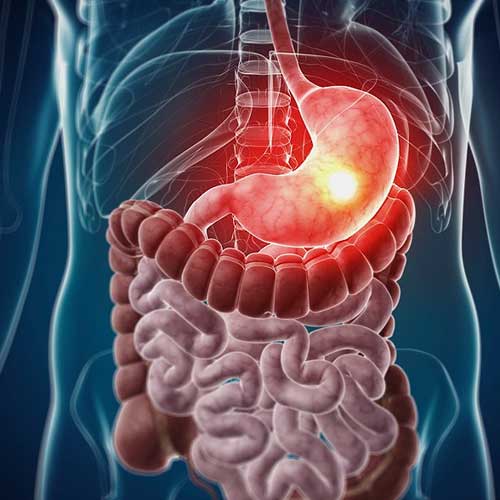
Laparoscopic Oncosurgery

We perform the Whipple's operation for cancers in the pancreatic head, as well as distal pancreatectomy for cancers in the body and tail of the pancreas.
Laparoscopic pancreatic surgery for pancreatic cancers is an advanced procedure performed by surgeons with expertise after careful examination of the patient.
The surgical cuts in laparoscopic pancreatic surgery are much smaller and there is less exposure of the intestines during the procedure. Thus, you will experience less pain and can move around much faster and more easily. All of this contributes towards your quicker recovery.
The duration of the surgery and the hospital stay will depend upon the condition of the disease and your post-operative recovery.
Bariatric surgery can also be performed through your navel, making it a surgery with no visible scars. At Dr. Muffi Digestive Health Institute, we have practiced and mastered the art of single incision bariatric surgery and to date, have performed the largest number of such surgeries across the world. The benefits are quicker recovery and complete confidentiality as there are no visible scars at all. Please speak to our medical team if you are keen on exploring this option.

We perform all procedures that may be required for treatment of various stomach cancers; our services include endoscopic surgery as well as laparoscopic procedures like wide local excision and partial and total gastrectomy.
Endoscopic surgery is recommended for patients with stomach polyps while laparoscopic gastrectomy is the surgery done in case of stomach cancer. For tumours such as stromal tumours, your surgeon may recommend a wide local excision.
The advantages of laparoscopic surgery over open surgery are that the surgical cuts are much smaller and there is less handling of the organs during surgery. This means that you experience less pain and are able to move around quicker and more easily. All of this leads to quicker recovery.
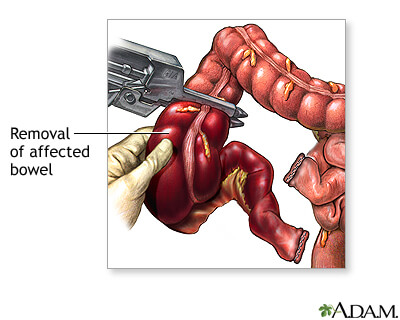
We perform all procedures that may be required for treatment of various stomach cancers; our services include endoscopic surgery as well as laparoscopic procedures like wide local excision and partial and total gastrectomy.
The surgical cuts in laparoscopic colorectal surgery are much smaller and there is less handling of the intestines during the procedure. Thus, you will experience less pain and can move around much faster and more easily. This, in turn, contributes towards your quick recovery.
The surgery may last 1 to 3 hours, depending on the condition of the disease being treated and the procedure being performed. On an average, you will be discharged 4 to 6 days after the surgery. You can resume your normal routine within 1 to 2 weeks post the surgery, including activities such as climbing stairs, going back to work, driving, etc.
As the colon and the rectum needs to be completely empty before surgery, you will be given a liquid medication to drink that will cleanse your intestines prior to surgery. You may also need to be on a liquid diet for a few days before the surgery. A few patients with colon/rectal cancer may require the creation of a stoma, i.e. a part of the small or large intestine may need to be brought out on to the skin either temporarily or permanently. If this is required, our surgeons at Dr. Muffi Digestive Health Institute will explain it to you in detail prior to surgery.
As the colon and rectum needs to be completely empty before surgery, you will be given a liquid medication to drink that will cleanse the intestines prior to surgery. You may also need to be on a liquid diet for a few days before undergoing surgery. A few patients with colon/rectal cancer may require the creation of a stoma, i.e. a part of the small or large intestine may need to be brought out on to the skin either temporarily or permanently. If this is required, our surgeons at Dr. Muffi Digestive Health Institute will explain it to you in detail prior to surgery.

We perform all types of liver resections, including anatomical resections such as right and left hepatectomy, right and left extended hepatectomies, left lateral segmentectomy, mono/bi-segmentectomy and non-anatomical resections like wedge excisions.
This surgical procedure is recommended for patients with liver cancers (hepato-cellular carcinoma), metastatic liver disease (cancers that have spread to the liver from other organs such as the colon, etc), and cholangiocarcinomas (cancer of the bile ducts).
Laparoscopic surgery offers a magnified view of the internal organs, which decreases the chances of injury and bleeding, and makes the procedure safer. Your body will be able to resume its digestive function earlier and the pain post laparoscopic surgery is much less in comparison to open surgery. All of this contributes towards your quick recovery after laparoscopic surgery along with excellent cosmetic outcome.
For standard liver resections, you will need to stay in the hospital for at least 4 to 7 days. In the case of a more complex procedure like extended hepatectomy, the hospital stay may extend to a week to 10 days.
The precautions for any liver resection include a pre-surgery estimation of the amount of liver that will be left behind. We will recommend certain tests that will help us plan a safe surgery for you.
There are various other treatment options available for cancers in the liver that are not suitable for surgery. In case the liver is cirrhotic, or there are multiple tumors, we offer non-surgical treatments such as radio-frequency ablation, trans-arterial chemo-embolisation and microwave ablation. Our surgical team is best equipped to advice you further on these.

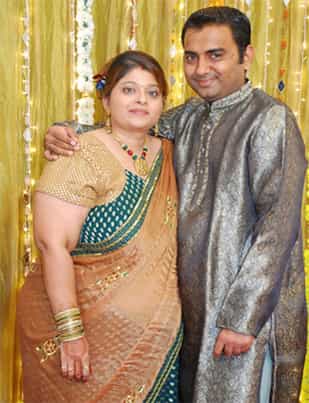 Before
Before
 After
After
BHAVANA SARAWAL
MUMBAI, INDIA
Surgery Type - Laparoscopic Sleeve Gastrectomy
Surgery Date - Nov 06, 2013
The issue with being overweight, other than your clothes not fitting, is how you constantly feel unhealthy. Everything around you is just slow and that eventually has a direct effect on how you think and behave. It affects your entire life.all kinds of scarless surgical treatments in the digestive space.
I can’t thank DHI and the entire team there enough for helping me reduce over 30* kgs in just a few months. Truly. Thank you so so so much!
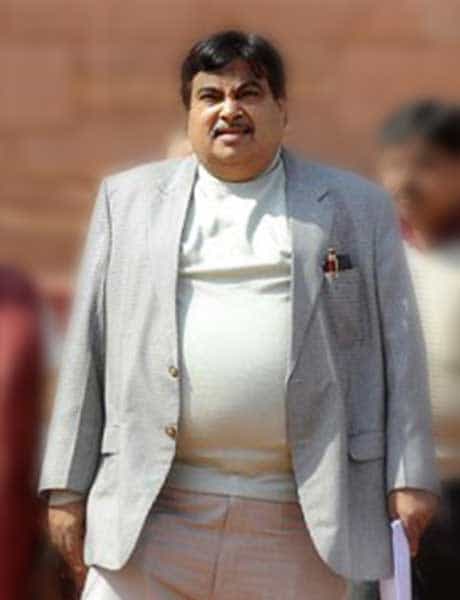 Before
Before
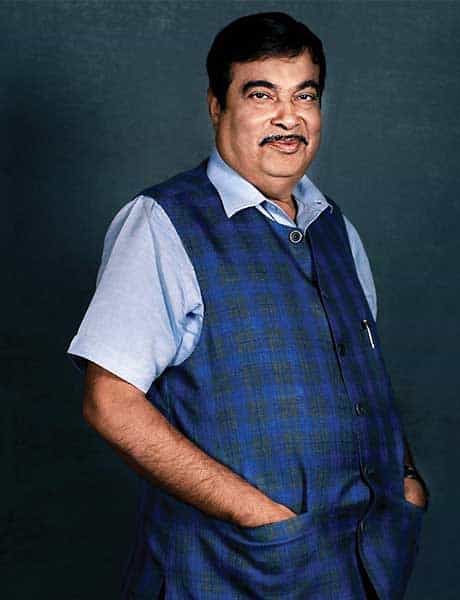 After
After
Nitin Gadkari
MUMBAI, INDIA
Surgery Type - Laparoscopic Gastric Bypass (LGB)
Surgery Date - September 12, 2011
Was a long standing, uncontrolled diabetic on high dose of insulin+ 3 oral anti diabetic medications, despite which his sugars were uncontrolled. In addition he was also hypertensive (high BP) & on regular medications.
Post-surgery – He is off insulin and medications for diabetes and blood pressure.
 Before
Before
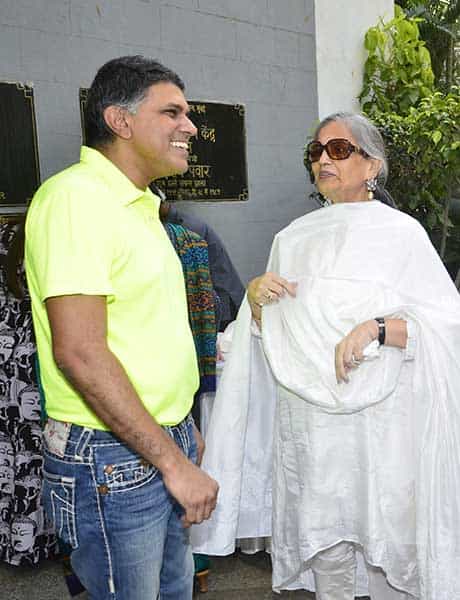 After
After
Salma Khan
MUMBAI, INDIA
Surgery Type - Laparoscopic Gastric Bypass(LGB)
Surgery Date - January 23, 2013
Had great difficulty in walking around due to severe pains. In addition she was hypertensive and on regular medications for the same.
One year post operatively she is off all medications.
She loves her new self and the compliments she is being showered with. She is more independent than ever is making the most of new lease on life!!! Previous
 Before
Before
 After
After
Sunaina Roshan
MUMBAI, INDIA
Surgery Type - Mini Gastric Bypass
Surgery Date - March 28, 2014
“I walk for one hour. I eat everything but in small portions because my stomach has shrunk. I can’t eat beyond a certain point. And this makes me feel lighter and confident,” she said.
"Now that’s what I call a transformation !! So so proud of you didi” - Hrithik Roshan
 Before
Before
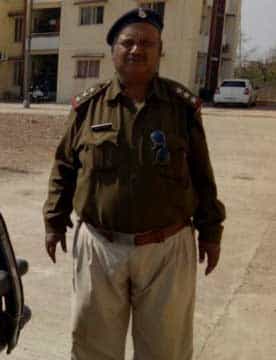 After
After
Daulatram Jogawat
MUMBAI, INDIA
Surgery Type - Laparoscopic Banded roux – en – y Gastric Bypass
Surgery Date - March 02, 2017
“Earlier, I was unable to walk & had difficulty in breathing. After losing 55kgs, I am feeling fit, I can breathe easily & walk. I am following the instructions for diet & 1-hour walk, given by the doctors. My overall health has improved.
The entire Jogawat family and I would like to thank Dr. Lakdawala and his team for helping me live a healthier life"
 Before
Before
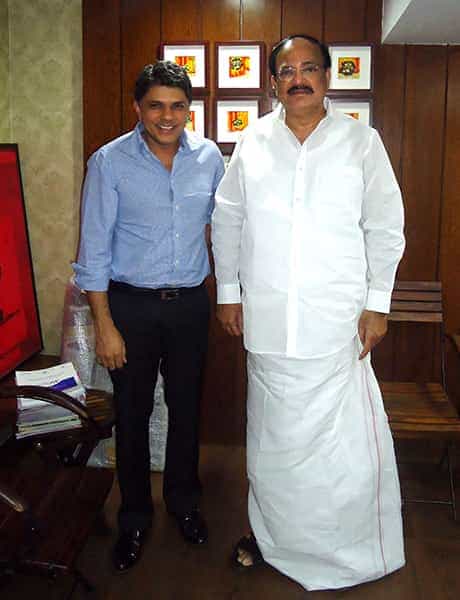 After
After
Mr. Venkaiah Naidu
Delhi, India
Surgery Type - Laparoscopic Gastric Bypass (LGB)
Surgery Date - July 09, 2012
Sugars levels are well controlled with only oral medications. No insulin needed. Antihypertensive medication reduced to half. Acidity has been resolved and joint pain negligible.
Confesses to feeling younger, lighterand sprightlier is now able to keep up with hectic schedule. Is more energetic, walks daily and indulges in a game of badminton regularly.
Any digestive system cancer in your body is referred to as gastrointestinal cancer or GI cancer. GI cancer can either occur in the upper gastrointestinal tract which includes the esophagus, stomach, liver, pancreas, gall bladder, etc. or in the lower gastrointestinal tract such as the small intestine, large intestine, colon, rectum, and anal canal. Often it is difficult to identify most of these cancers in the early stages because of fewer symptoms. However, if diagnosed at the right time, there are several surgical and non-surgical methods to treat the condition.
PET (Positron emission tomography) is an imaging test that identifies any diseases in your body. The scan uses a dye containing radioactive tracers to scan your body. The dye is either consumed orally, or inhaled or even injected through your vein, depending upon what part of your body is being examined. The PET scan helps the doctor analyze whether all your organs and tissues are functioning well. Since a PET scan identifies problems at a cellular level, it is widely used by doctors and surgeons to diagnose the presence of malignant cancerous cells in the body.